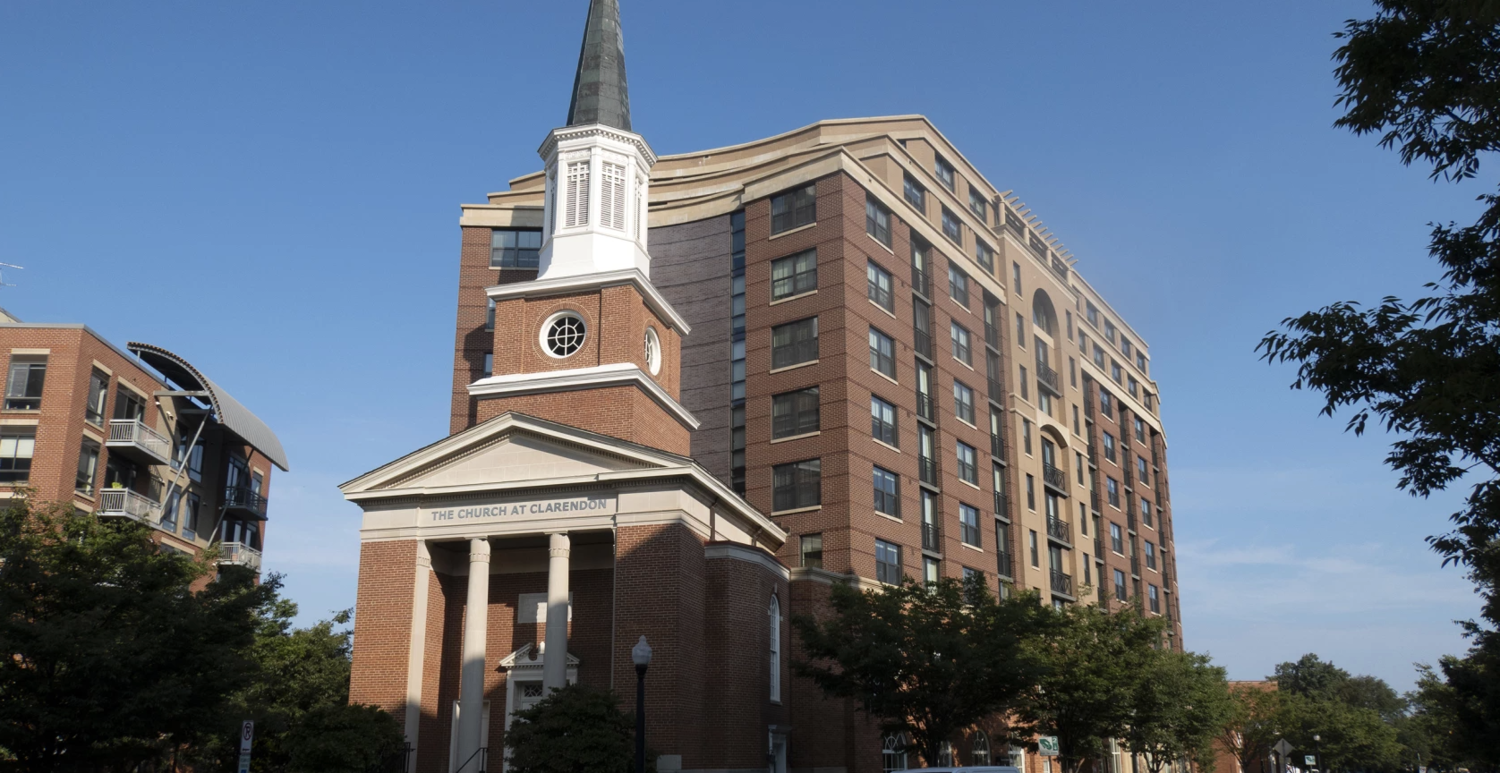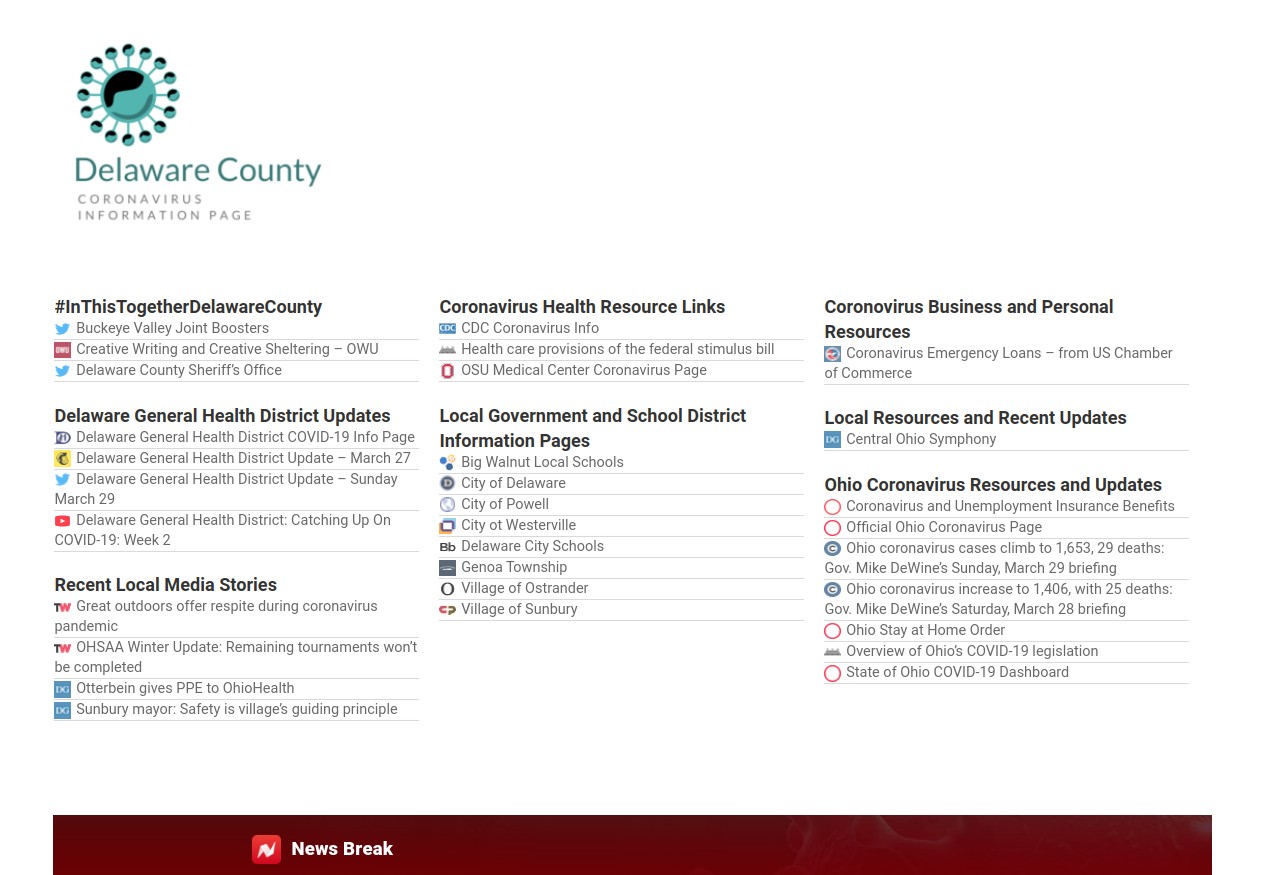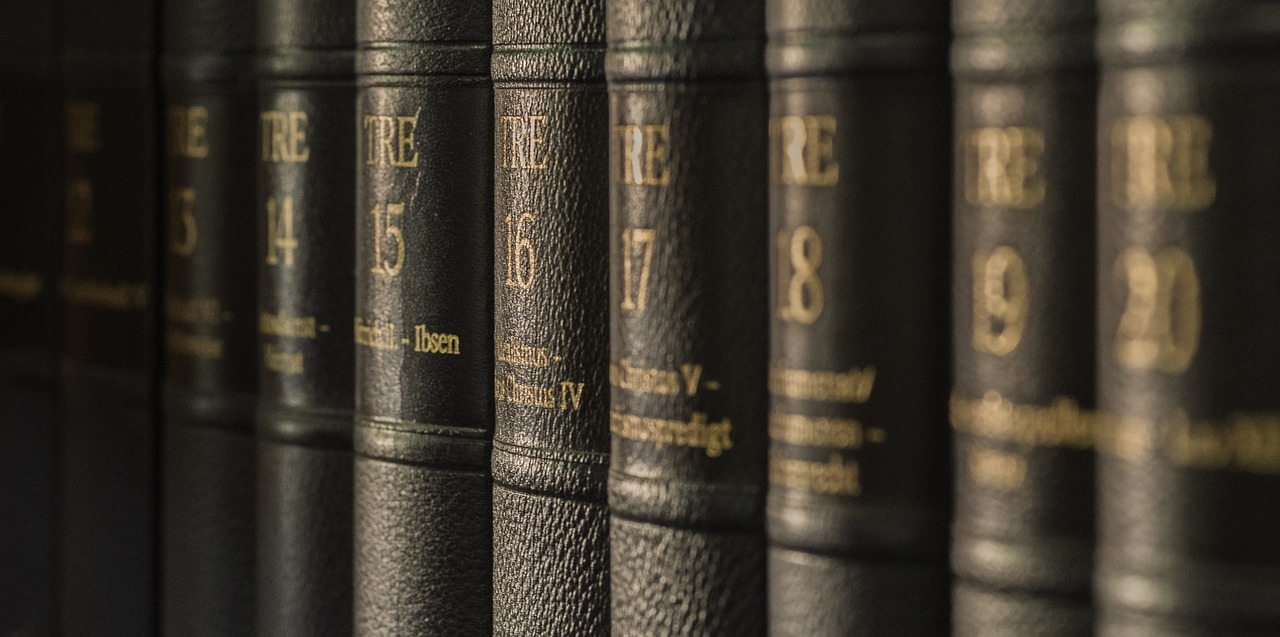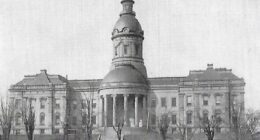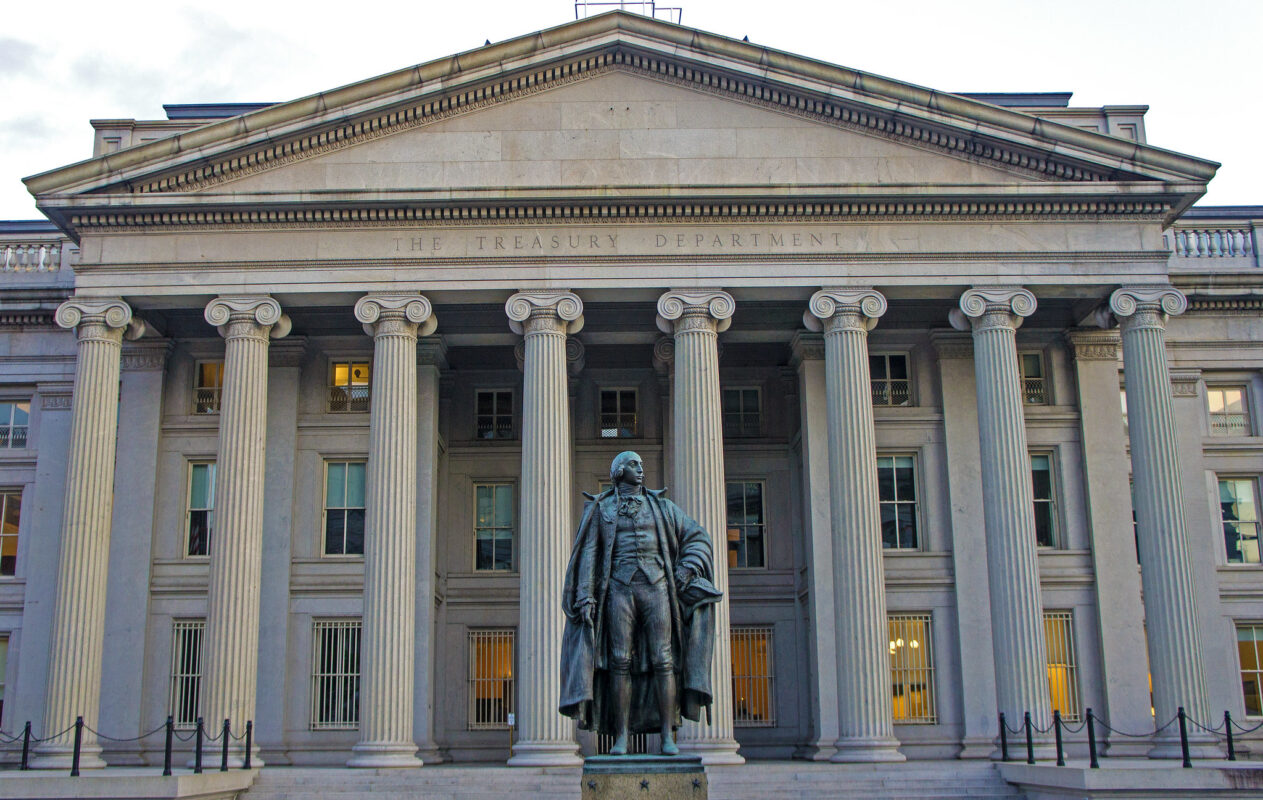Delaware’s Great Decisions sessions on U.S. foreign policy and international relations will kick off February 14 with eight speakers addressing critical issues impacting the nation and world.
The community is invited to join the discussions, held in the Fellowship Hall of William Street United Methodist Church, 28 W. William St., Delaware. Attendees are welcome to bring a brown-bag lunch. Complimentary coffee and tea are provided. Learn more at www.facebook.com/greatdecisionsdeloh.
Distinguished speakers during the eight-session series are as follows:
February 14 – U.S. Relations with the Northern Triangle: El Salvador, Guatemala, and Honduras – Erinn Nicley, Ph.D., Course Faculty, Political Science Department, Western Governors University
February 21 – Artificial Intelligence and Data – David Staley, Associate Professor, History; Director, Humanities Institute; Director, Center for the Humanities in Practice, The Ohio State University
February 28 – Red Sea Security – Blake Michael, Swan-Collins-Allen Professor of Religion, Ohio Wesleyan University
March 6 – Labor Trafficking: Global Problem/Local Impact – Carol O’Brien, Deputy Attorney General for Law Enforcement/Chief Counsel; Christy Utley, Major of Operations, Marion County Sheriff’s Office
March 13 – Climate Change and the Global Order – Sean Kay, Chair, International Studies Program, and Professor, Politics and Government, Ohio Wesleyan University; Mershon Associate, The Ohio State University
March 20 – India and Pakistan: Is Peace Impossible? – Irfan Nooruddin, Professor, Walsh School of Foreign Service, and Director, India Initiative, Georgetown University; Director South Asia Center of the Atlantic Council of the United States
March 27 – China’s Road into Latin America – Ji Young Choi, Associate Professor, Politics and Government, and Director, East Asian Studies, Ohio Wesleyan University
April 3 – The Philippines and The United States – James Franklin, Professor and Chair, Politics and Government, Ohio Wesleyan University
Audience Participation
Following each discussion, participants will have the opportunity to complete a survey, prepared by the Foreign Policy Association, to add their opinions to thousands of others across the nation. National survey results will be sent to executive and legislative policymakers in Washington, D.C., so that federal decision-makers will hear our voices as a community of informed citizens.



